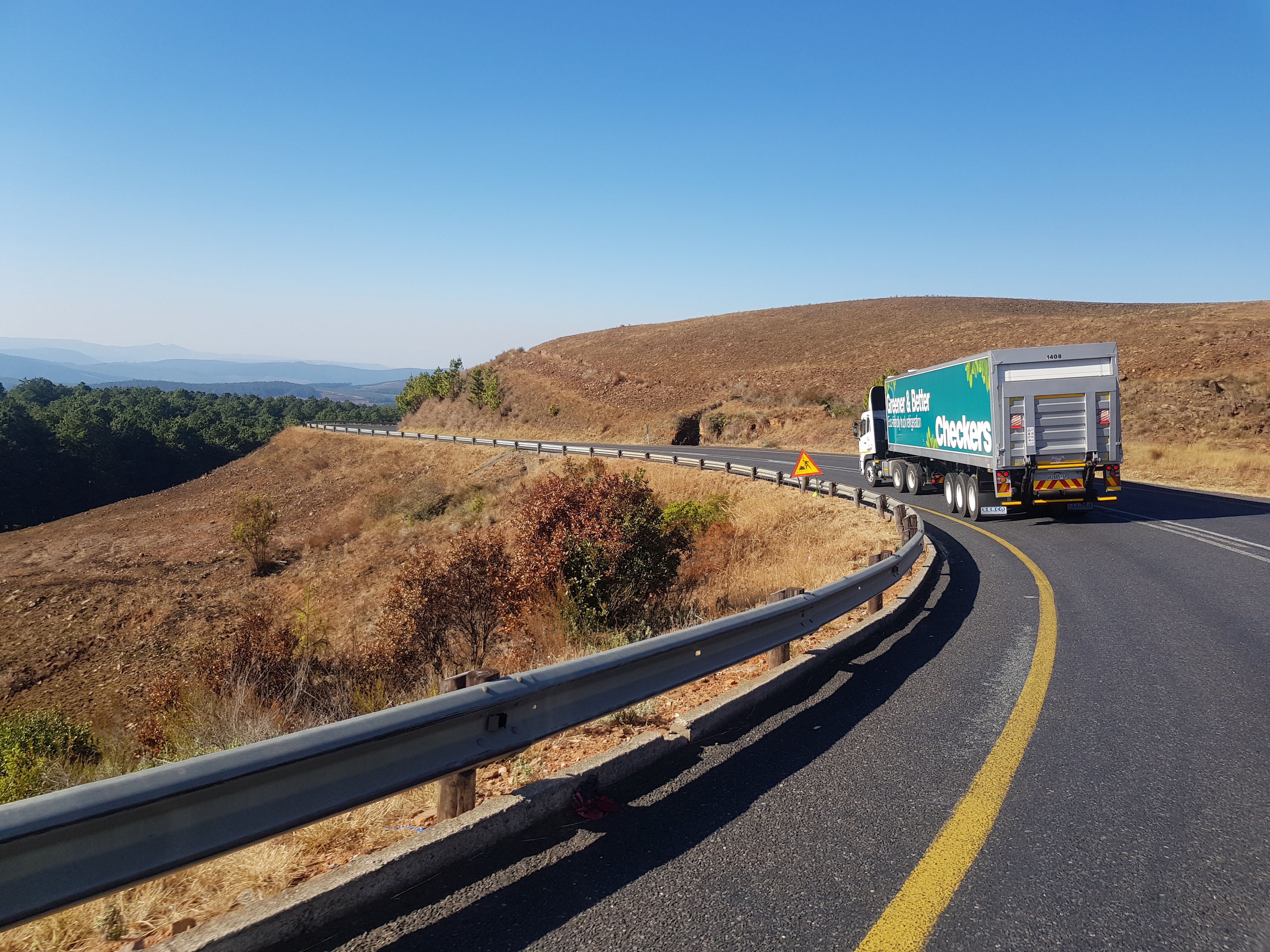Fuel supply is central to all businesses and organisations to some extent, and fuel strikes are one of the ways it can be disrupted. Whether it’s staff traveling to work or transporting a product or service, this disruption in the fuel supply can have serious consequences for productivity.
Towards the end of 2016 a strike by workers demanding higher wages resulted in some petrol stations being unable to provide fuel.

How to deal with shortages during fuel strikes
When it comes to fleet companies, fuel strikes can put the brakes on an entire operation. Shortages might also be exacerbated by “panic buying” where depleted fuel stocks are bought up by concerned consumers.
To ensure business continuity during fuel strikes, fleet managers can prepare by taking the following points into consideration:
- Evaluate how dependent on fuel you are. Is it possible for your organisation to decrease dependency in general? Consider having a variety of vehicles in your fleet running on different fuels, for example, petrol, diesel and hybrid vehicles, to provide greater flexibility and resilience.
- Would storing fuel be an option? Some organisations keep an emergency supply of fuel as a continuity measure. But storing fuel has special requirements regarding Health and Safety that need to be adhered to.
- Is it possible to reduce fuel usage during a fuel strike? There are key products and services that your organisation must continue to produce: what staff, resources and activities are needed to ensure that these are not disrupted? Outside of these essentials, could a reduction in service be achieved while still making sure that key products and services are delivered?
- A reduction in service could be achieved by reallocating resources (temporarily). Can staff safely cover other roles, or will additional training be required? Could staff fulfil part of their duties (administration etc.) from home or would flexitime be useful?
- Will other aspects of your business or organisation be affected? Have you considered food for staff, cleaning, building maintenance? Is there a way of minimising these services temporarily? If regular service providers cannot meet your demands, do you have the details of alternative companies?
- Effective communication with staff and customers during fuel strikes is crucial. You need to think about the message you will send out in the event that this happens describing the continuity measures that you will take, make sure to include the contact details for people within your organisation and how they will be notified when the disruption is over and things return to normal.
- Fuel strikes and disruptions in fuel supply might also have other repercussions that fleet managers need to take into consideration. For example, staff might have to make alternative arrangements for children who can’t attend school.
As your fleet management company, we employ expert analysis to find exactly how and where we can apply our solutions for the best results, always keeping your bottom lines in mind.
With total budget optimisation our focus is on “sweet spot” analysis, total cost of ownership, and fuel costs – allowing you the opportunity to make an educated decision on the best fleet management solution for your business.





